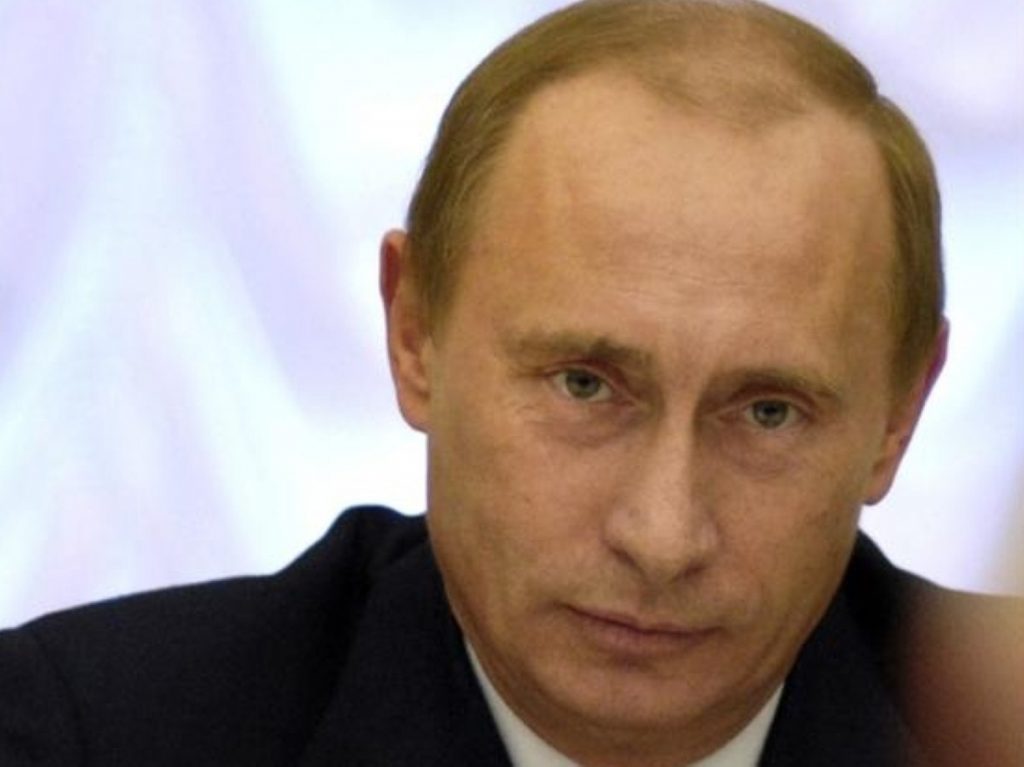Standing up to the bear: Ukraine crisis weans Europe off Russian gas
Britain will use the G7 to push other leading economies away from a dependence on Russian oil, the energy secretary has said.
In a comment which could signal far-reaching changes to global energy patterns, Ed Davey said rich countries needed to reduce their reliance on Russia in the wake of the Ukraine crisis.
"It can't be right for Russia to hold individual countries to ransom," he told the Times.
"This is an issue we cannot allow to go off the table.


"There have been at least two, if not three, occasions in recent times when Russia has sought to use its energy superpower status in quite an aggressive manner.
"If this [current crisis] goes away, who is to say it won't happen again? Putin wrote his PHD about the possibility of Russia using energy to reassert its political status."
Davey suggested investigating alternative gas supplies, increasing storage, building more electricity interconnectors and even restarting mothballed nuclear reactors as ways of diversifying energy streams in advanced economies.
"[The G7] is a real opportunity to show Russia we mean business by improving our energy security and resilience," he said.
"We have got to look at everything, from more diversified supplies of gas, whether it's from the US, from shale, or helping other countries who are demanding a lot of gas now but who needn't. Maybe Japan will turn on some of its reactors."
Washington has been increasingly frustrated with Europe's reluctance to adopt a harsher posture toward Russia over Ukraine, but the EU is hamstrung by a reliance on Russian gas and trade.
A quarter of Europe’s gas is sourced from Russia and half of that passes through Ukraine.
Gazprom, Russia's gas giant, warned this month that the price of Ukraine's gas could rise by 44%.
However, a return to nuclear power would be particularly controversial for Japan and Germany, both of which mothballed power plants in the wake of the Fukushima disaster in 2011.
Writing in the Financial Times today, Polish prime minister Donald Tusk called on the EU to break Russia's stranglehold on gas.
"Europe should confront Russia's monopolistic position with a single European body charged with buying its gas," he said.
"Once this has been achieved, Europe should undertake the lengthier task of breaking up the Russian gas monopoly and restoring free market competition."
Britain does not receive gas directly from Russia but a disruption to supplies would quickly push up the price in the UK.
One of Davey's main domestic headaches is finding a solution to landowners who refuse permission for drilling on their land.
A change to the infrastructure bill in June may take the controversial step of amending trespassing laws to allow for unauthorised shale wells on people's land.
The G7 meeting takes place in Rome on May 5th and 6th.

